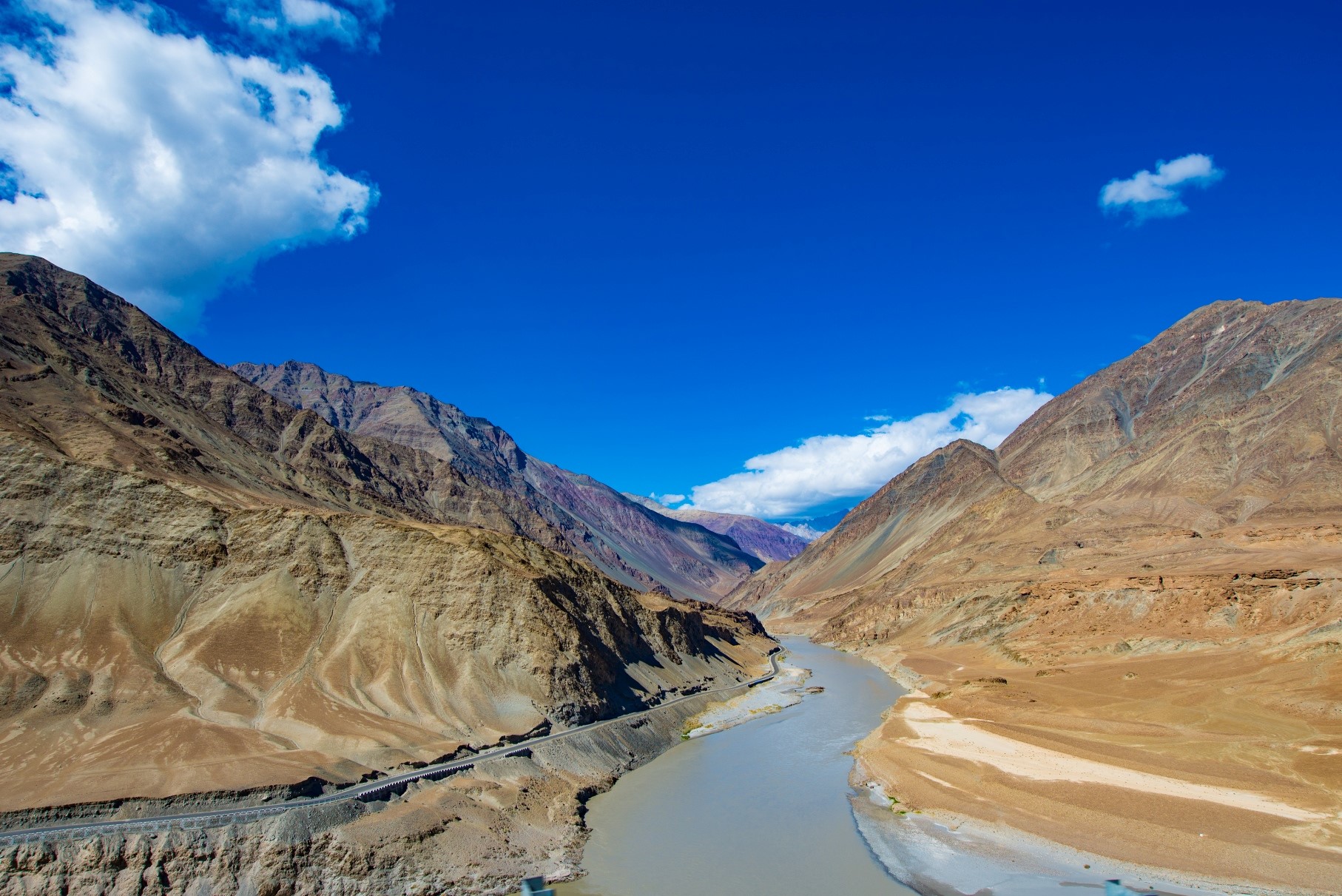Nothing is more fundamental to life than water. Water is also a potent fuel for conflict. Access to water has created many disputes through the ages. Conflicts over water are about scarcity, control, degradation, incompatible use, and quality. Their history goes back to much earlier than 2500 BC, when the city-states of Lagash and Umma fought over control of the waters in the Tigris-Euphrates basin.
Conversely, the history of water disputes is also a great history of international cooperation. According to the United Nations University, 3,600 water treaties were signed between AD 805 and 1984. One of them, the 1960 Indus Waters Treaty is now the basis for mediation efforts regarding a dispute between Pakistan and India.
Last week the World Bank Group urged India and Pakistan to agree to mediation in order to settle on a mechanism for the manner in which the Indus Waters Treaty should be used to resolve issues over two dams under construction along the Indus rivers system. The two neighbors are developing competing hydro-power projects on shared waterways: the 969-MW Neelum Jhelum in Pakistan, and the 330-MW Kishenganga and 840-MW Ratle in India. It is claimed that under the Treaty, the country that completes their project first will have priority rights to the river.
It is still uncertain whether mediation will be conducted in this case. There is no doubt, however, that a great deal of know-how related to water disputes exists. Each case is different, but the sources of the problems are alike. Water scarcity per se does not lead to water conflicts. The key question is whether mechanisms exist to regulate competing demands for water use.
Water has been causing disputes for centuries, and this will not change. It will be increasingly a challenge for dispute resolution specialists. No doubt mediation can assist in dealing with these disputes.
________________________
To make sure you do not miss out on regular updates from the Kluwer Mediation Blog, please subscribe here.
Profile Navigator and Relationship Indicator
Access 17,000+ data-driven profiles of arbitrators, expert witnesses, and counsels, derived from Kluwer Arbitration's comprehensive collection of international cases and awards and appointment data of leading arbitral institutions, to uncover potential conflicts of interest.
Learn how Kluwer Arbitration can support you.



